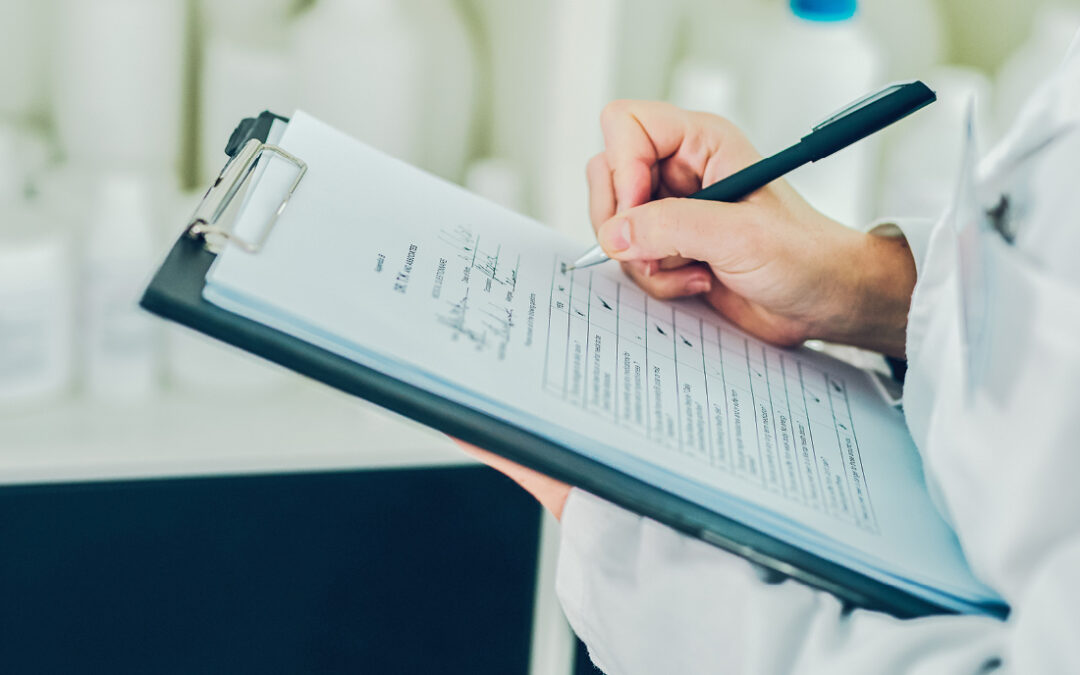First came the molecular and then the serologic assays. And last month, the FDA granted emergency use authorization (EUA) for a COVID-19 assay based on a third kind of testing methodology: antigen detection. The 3 Basic Types of Coronavirus Tests Molecular: Most of the COVID-19 that have gained EUA, including the initial test from the U.S. Centers for Disease Control and Prevention (CDC), are molecular tests that use reverse transcription-polymerase chain reaction (PCR) that use tissue nasopharyngeal samples collected by a swab to detect RNA material from the SARS-CoV-2 virus. These tests are accurate but also slow to the extent that they must be performed at an offsite lab. Serologic: In addition to being much faster, blood-based serology tests detecting antibodies produced by the body to fight the SARS-CoV-2 virus offer the potential to differentiate between active and previous infection. But serology tests lack the specificity and sensitivity of PCR assays making them prone to false positives and negatives. Antigen: Like antibody testing, antigen tests detect viruses indirectly. But there are some important differences. For one thing, while antibody tests are blood based, antigen tests analyze nasopharyngeal samples from swabs the way PCR tests do. And instead of antibodies, antigen…
